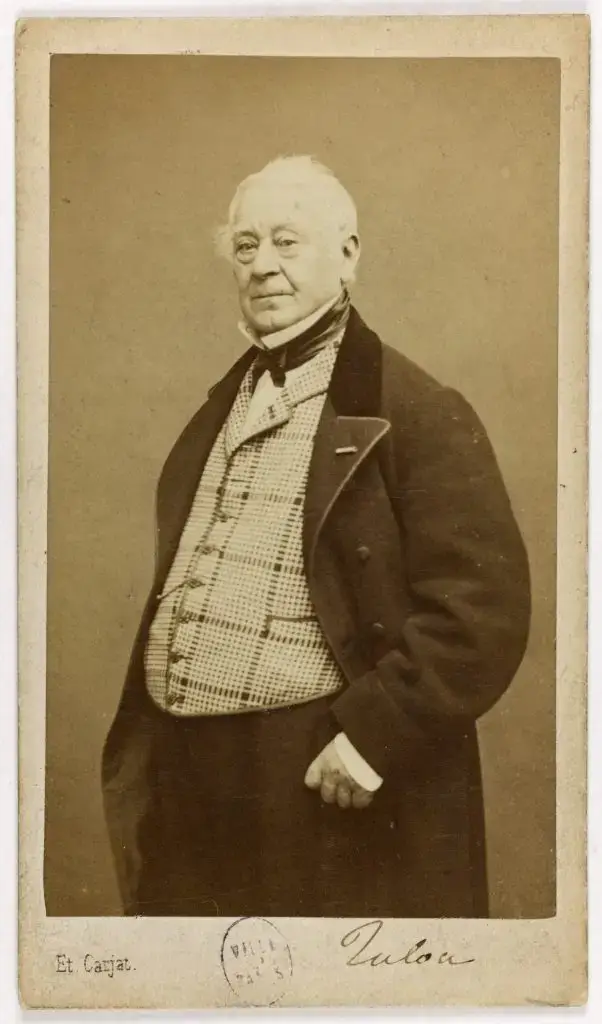
Jean-Louis Tulou died in 1865
Jean-Louis Tulou was a seminal French flutist and composer, renowned for his contributions to flute pedagogy and performance during the Romantic era.
Early Life and Education
Jean-Louis Tulou was born on September 12, 1786, in Paris, France. He was introduced to music at a young age, showing a particular affinity for the flute. His talent was recognized early, and he was admitted to the Paris Conservatoire at the age of ten. Under the tutelage of prominent flutists of the time, including Henri Altès and Louis Drouet, Tulou honed his skills and developed a profound understanding of the instrument.
Career and Contributions
Tulou served as the principal flutist at the Paris Opéra for many years, a position that underscored his prowess and influence in the field. He was also a professor at the Paris Conservatoire from 1829 to 1856, where he taught and influenced generations of flutists. Beyond his performance and teaching career, Tulou was deeply involved in flute manufacturing and design. He collaborated with instrument makers to enhance the flute’s design, advocating for innovations that improved its playability and sound, although he famously resisted the adoption of Theobald Boehm’s revolutionary flute design, which significantly altered the instrument’s mechanism and sound.
Compositions and Methodology
Tulou is known for his numerous compositions, primarily focused on the flute. His works include several concertos, solos, studies, and duets, which are celebrated for their lyrical qualities and technical demands. His “Méthode de Flûte,” a comprehensive flute method book published in 1835, remains a significant educational resource for flutists. This method reflects his traditional approach and his emphasis on a pure, singing tone in flute playing.
Importance and Legacy
Jean-Louis Tulou is regarded as a pivotal figure in the development of flute music during the Romantic era. His contributions to flute pedagogy, performance, and manufacturing left a lasting impact on the instrument’s evolution. Though he was a staunch traditionalist, his methods and compositions laid the groundwork for future developments in flute playing.
Tulou’s influence extends beyond his immediate professional achievements; his dedication to the art of flute playing and his commitment to teaching have made him a respected name in classical music. He passed away on July 23, 1865, but his legacy continues through his compositions and pedagogical writings, which are still studied and performed today. Tulou’s life and work remain emblematic of the rich musical heritage of 19th-century France, bridging the classical and romantic periods in flute music.
Jean-Louis Tulou died in 1865

